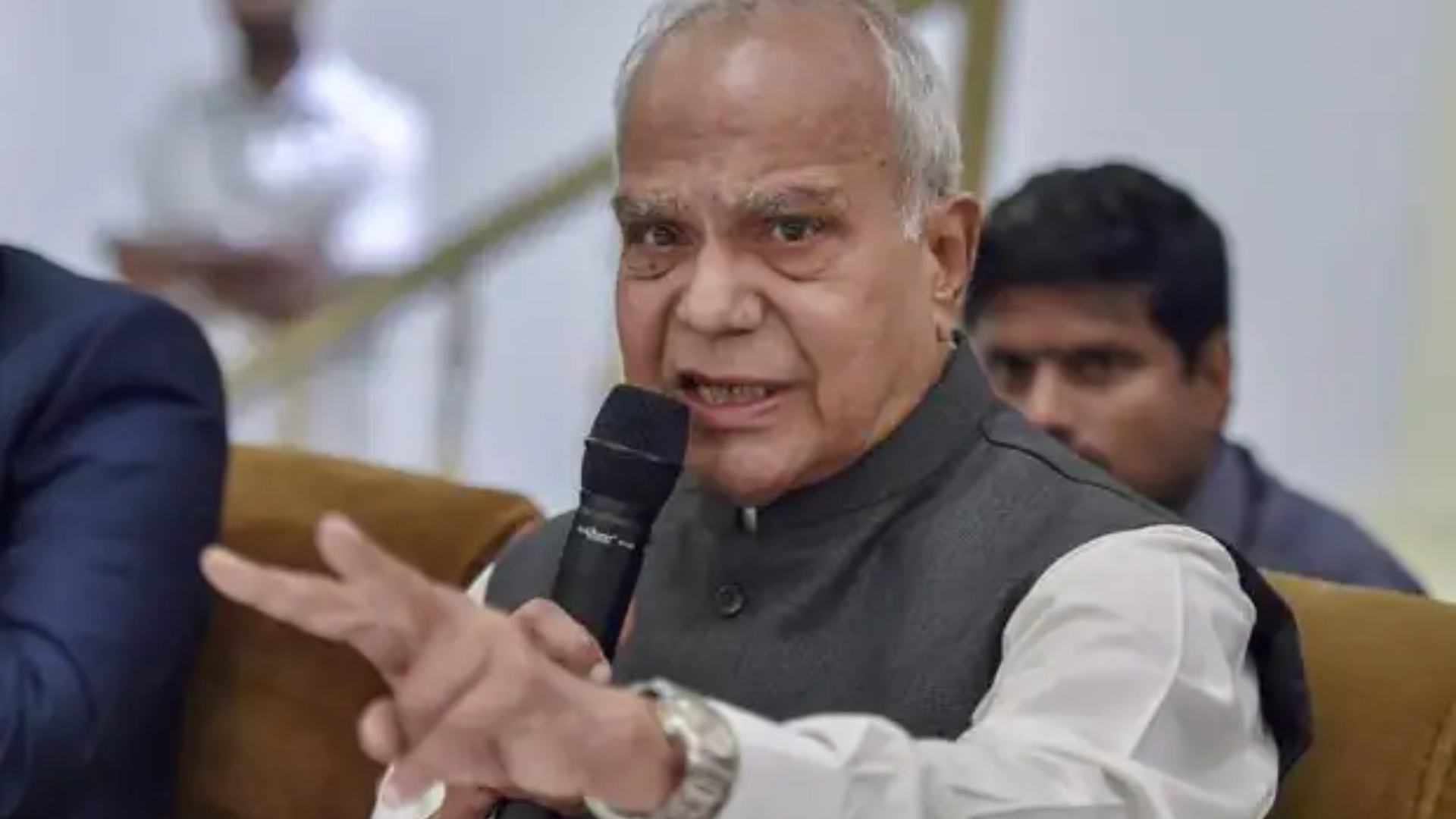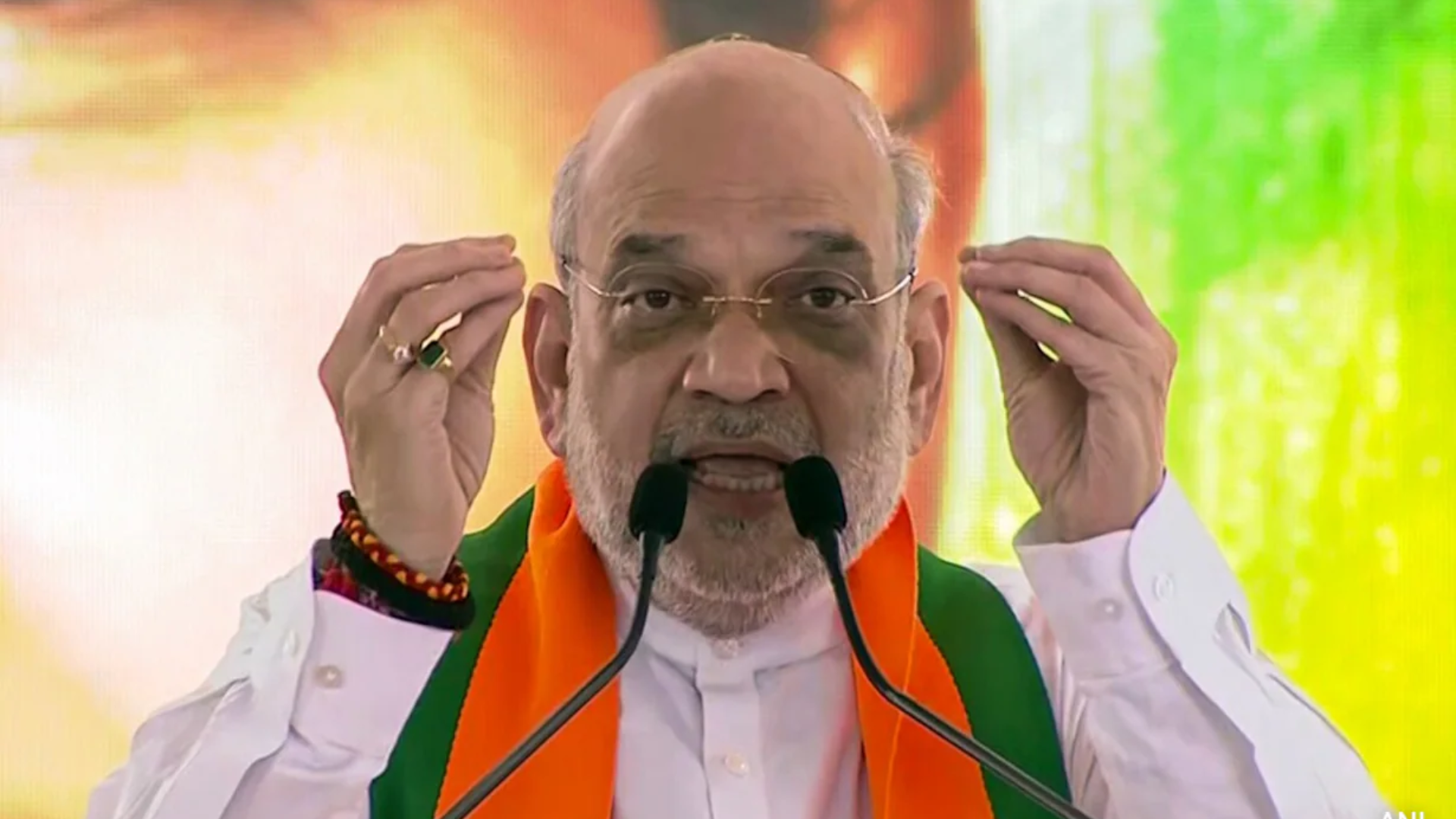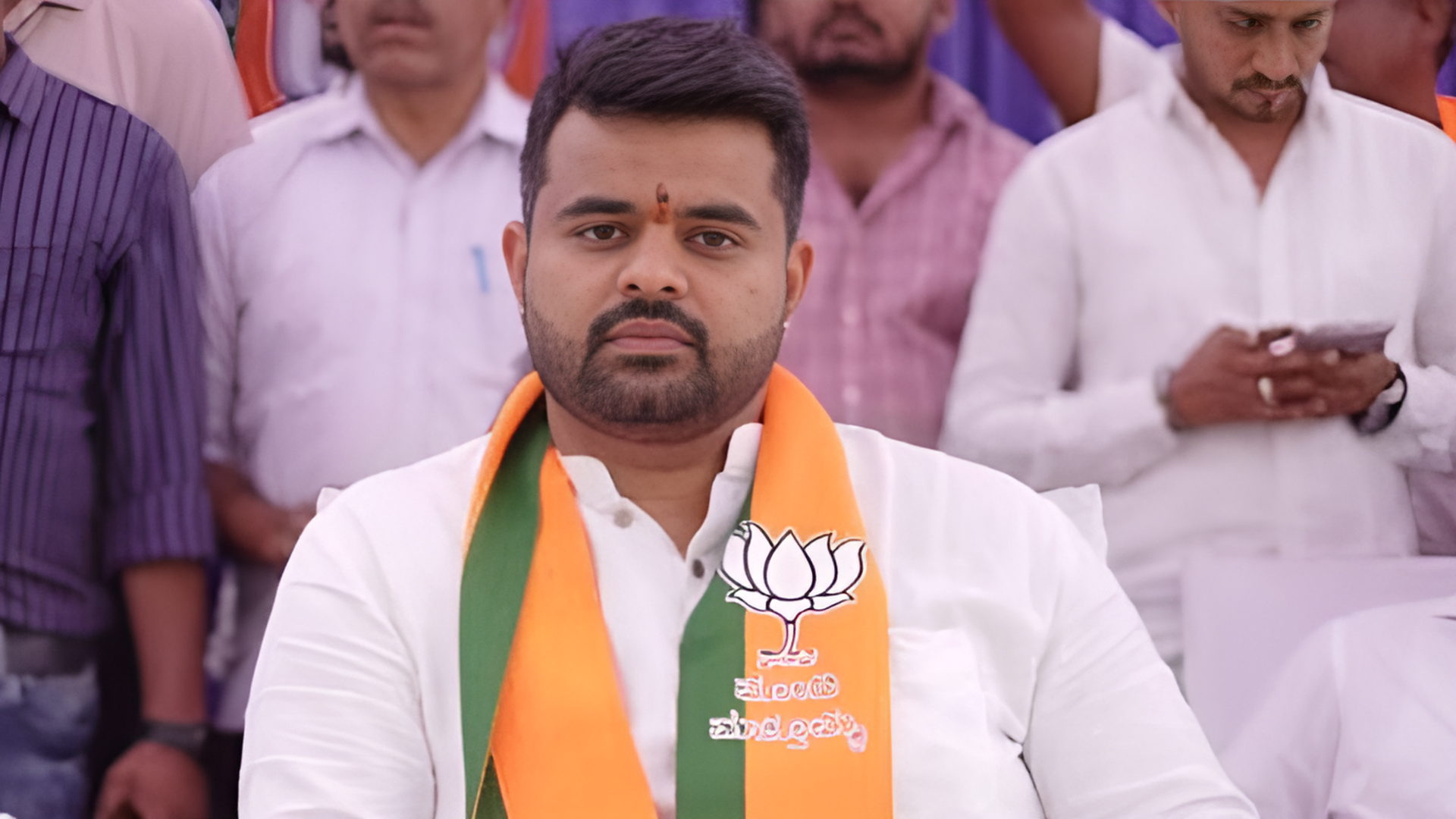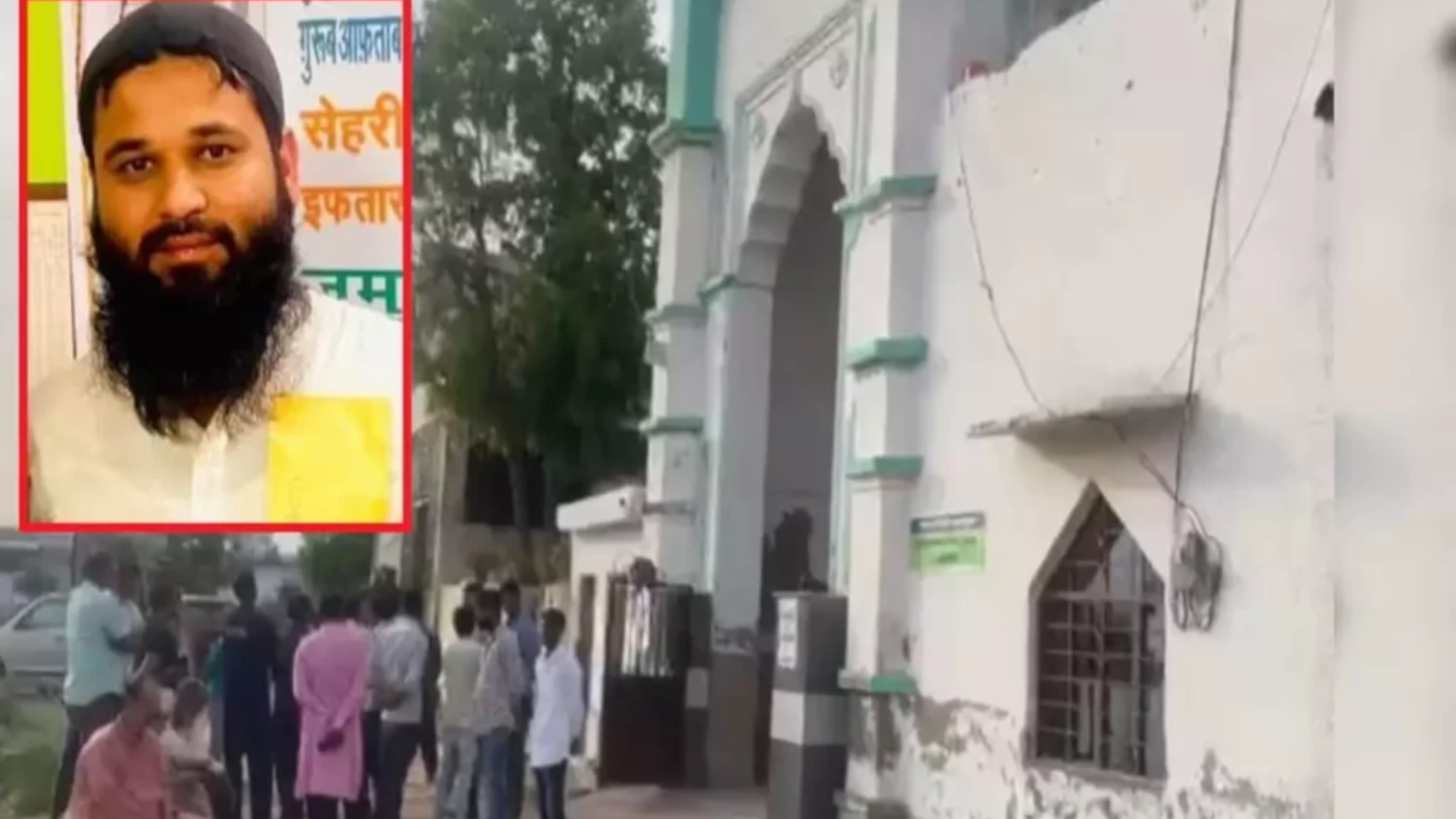


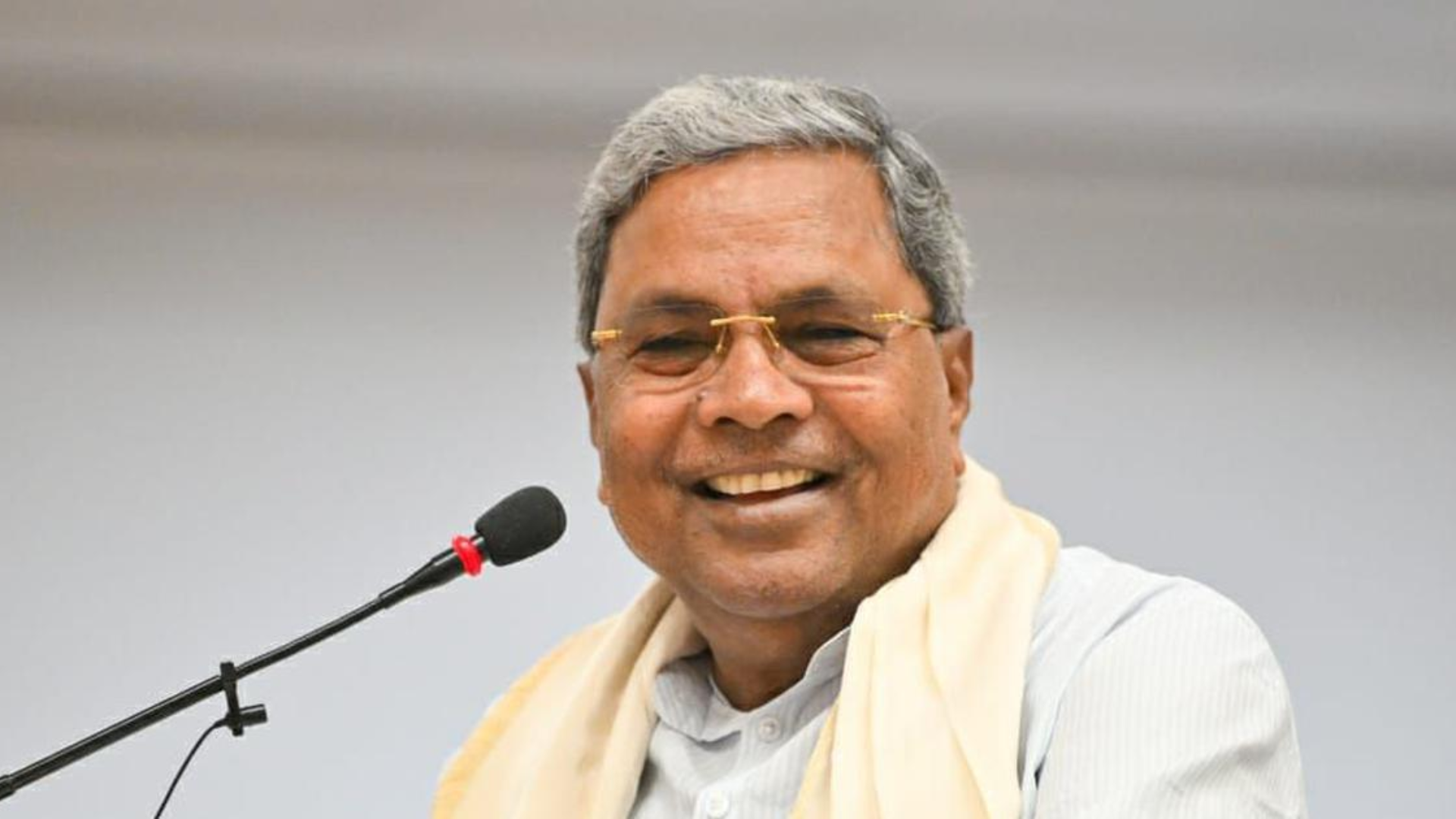
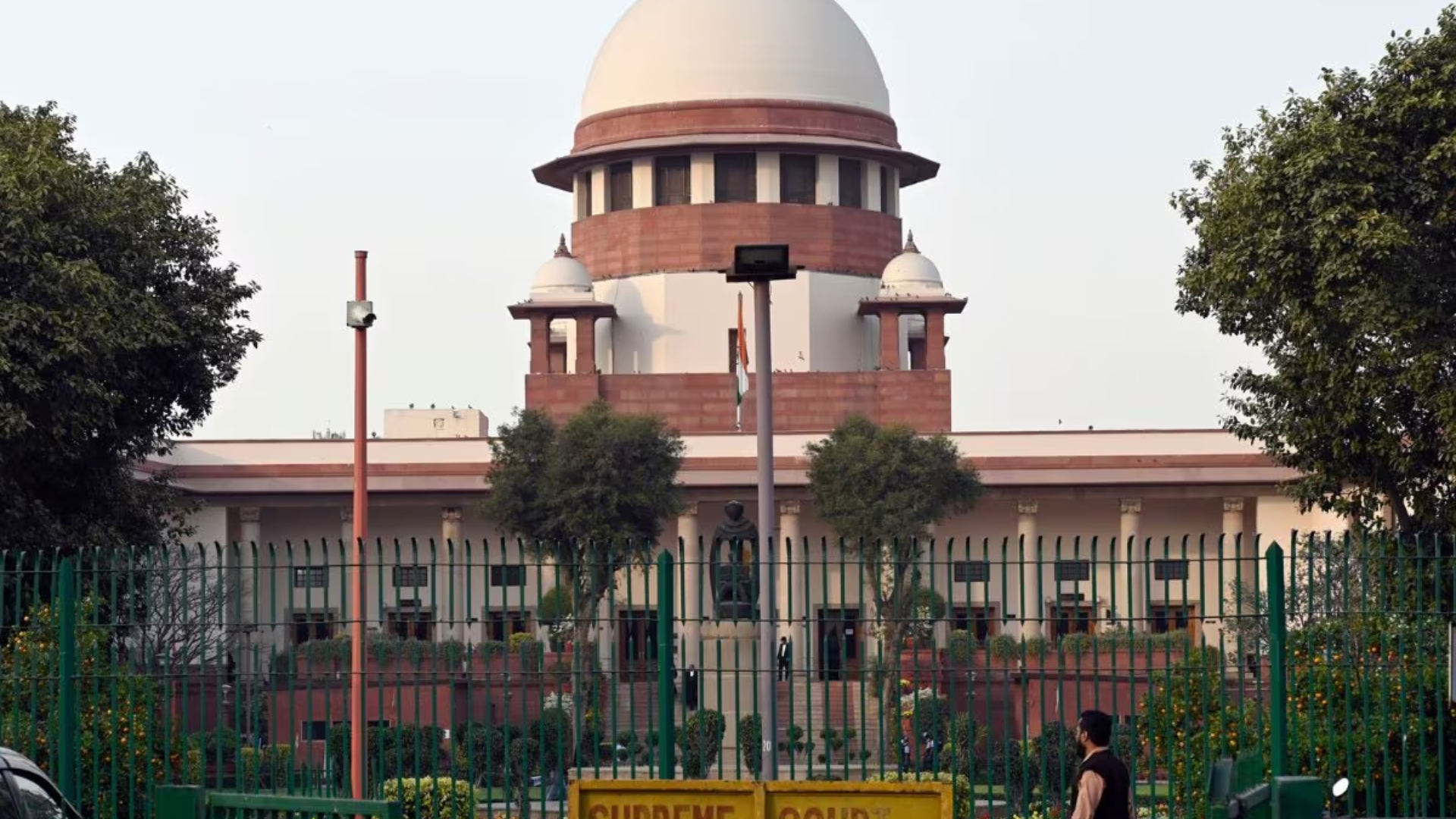


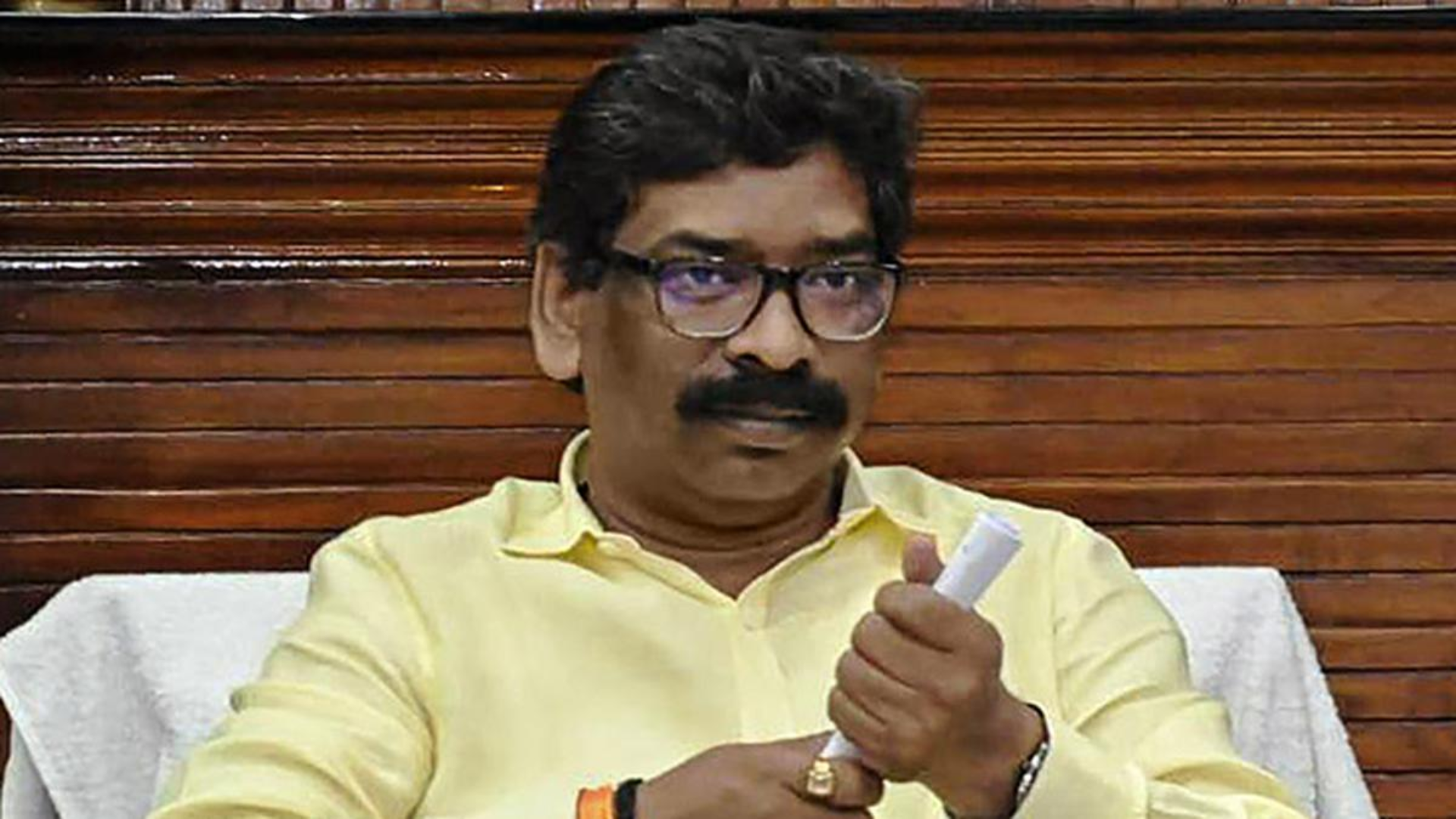
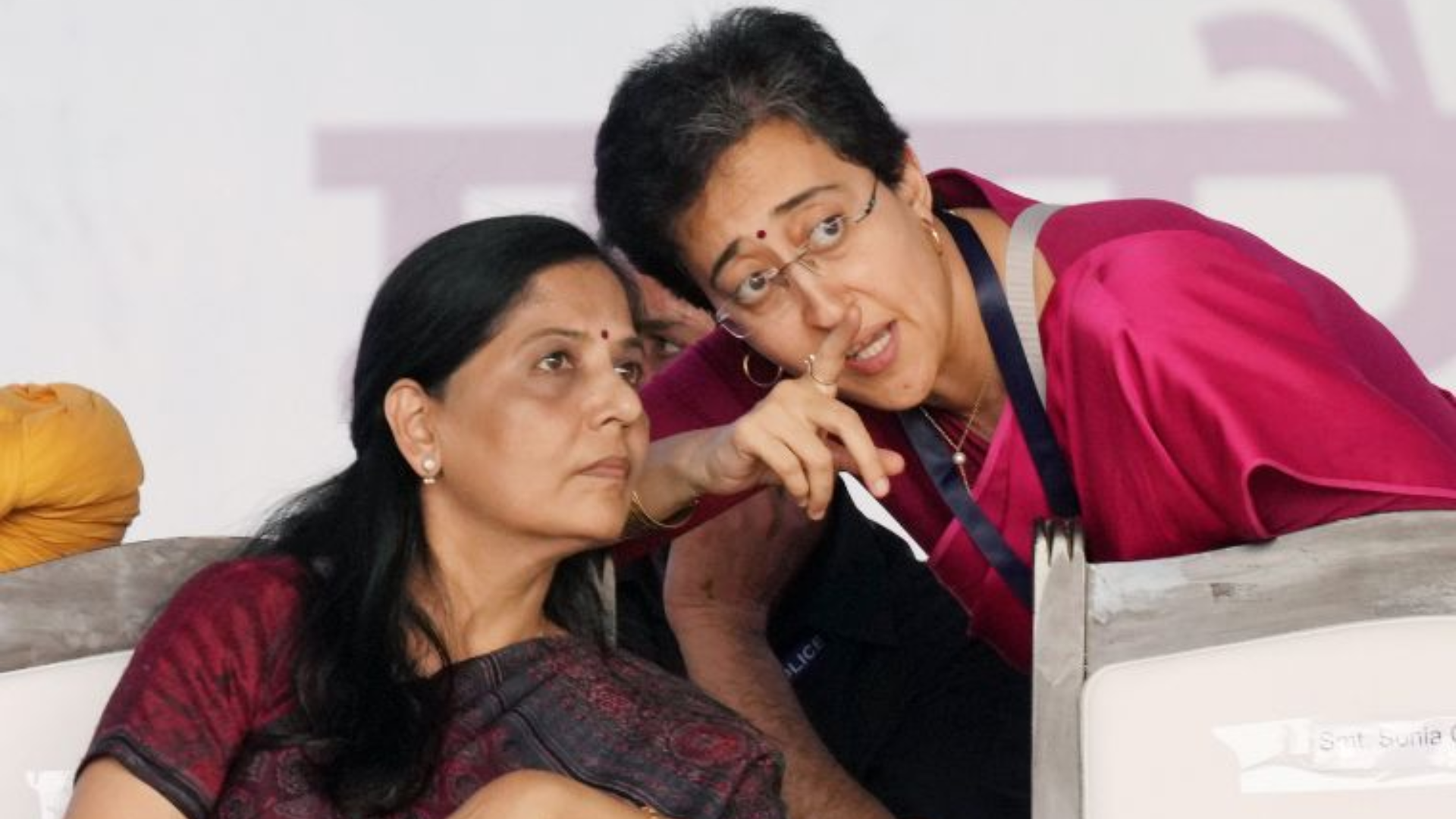
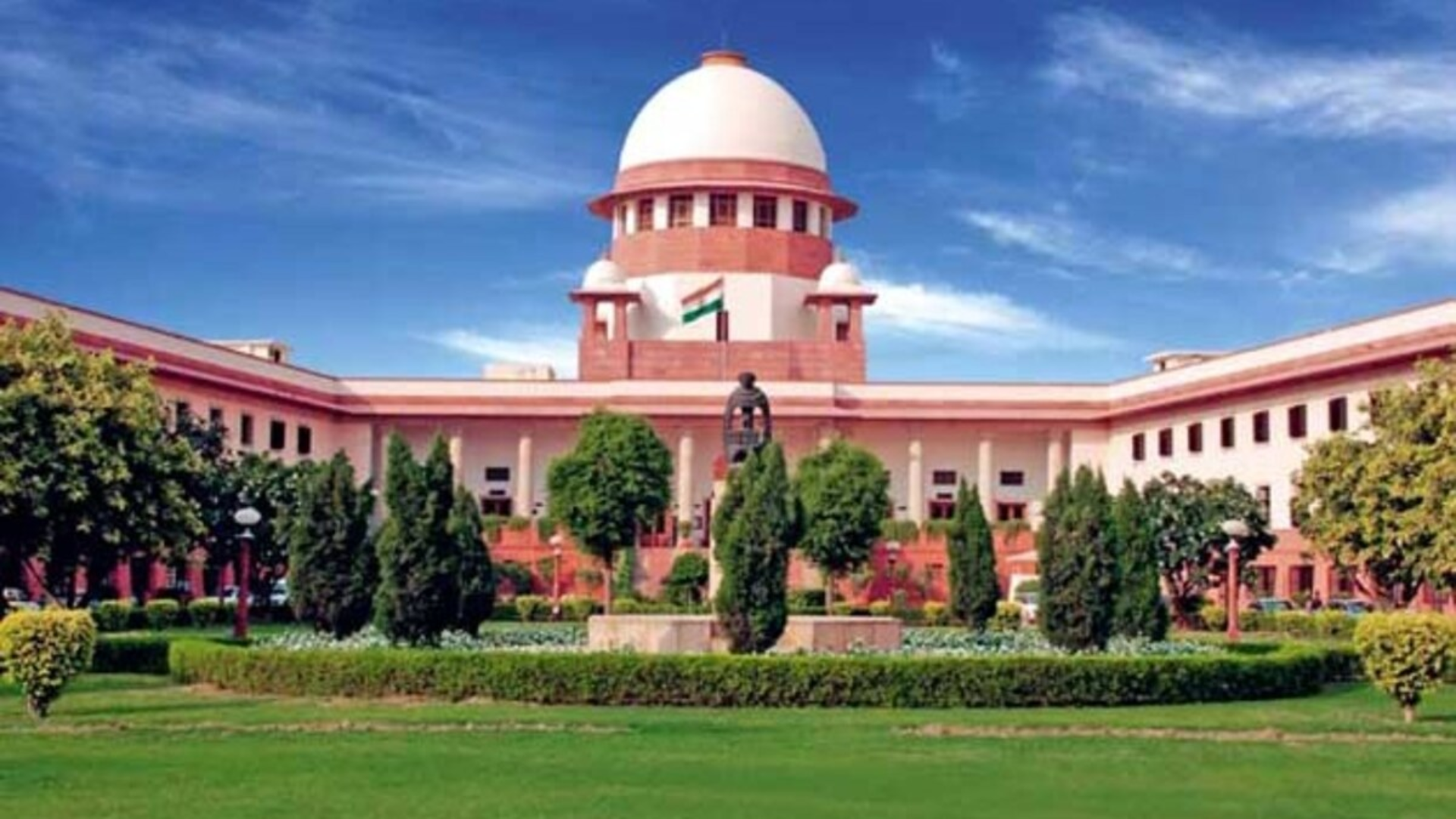
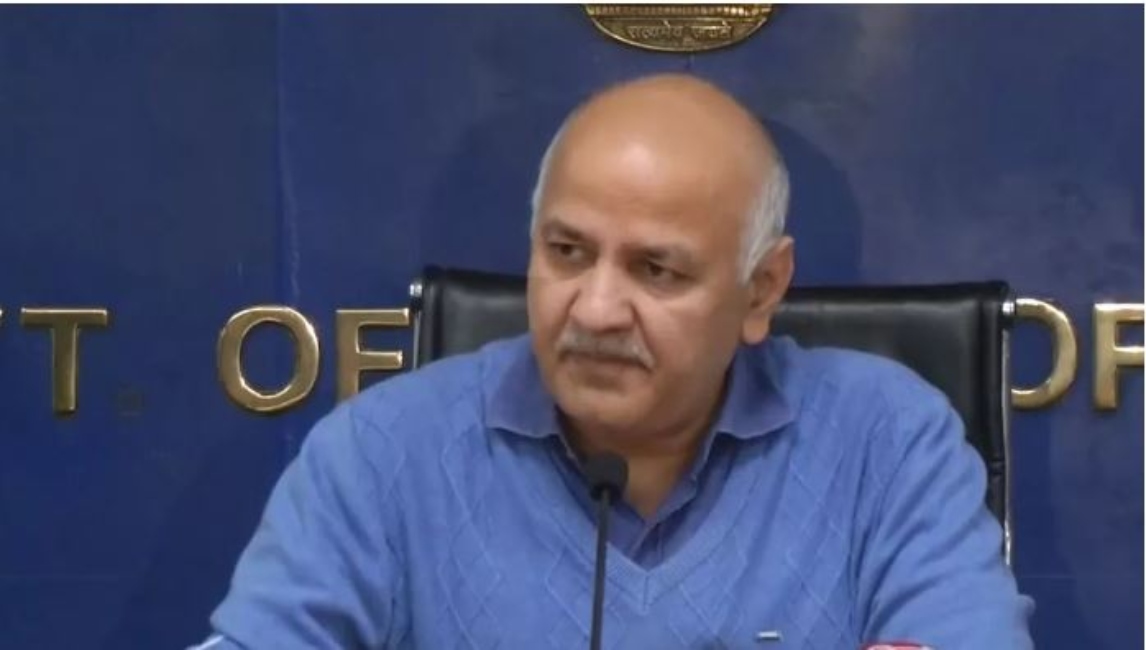
After hours of questioning at Tihar Jail, the Enforcement Directorate (ED) arrested former Delhi deputy chief minister Manish Sisodia in the liquor policy case on Thursday. Days after recording his statement on Tuesday, the ED began questioning the senior AAP leader and one of the party’s founding members. The CBI arrested Sisodia in the liquor policy case on February 26 and sentenced him to 14 days in judicial custody on March 6.
Earlier, the ED made another arrest in the case, taking Hyderabad-based businessman Arun Ramchandra Pillai into custody. The ED summoned Bharatiya Rashtriya Samiti (BRS) MLC and Telangana Chief Minister K Chandrashekhar Rao’s daughter K Kavitha for questioning in connection with the liquor policy case on Thursday.
The CBI had previously arrested Sisodia as part of its ongoing investigation into alleged irregularities in the formulation and implementation of the National Capital Territory of Delhi’s excise policy (GNCTD). The Rouse Avenue Court in Delhi committed him to Judicial Custody until March 20.
The ED filed its first chargesheet in the case last year. The agency stated that it has conducted nearly 200 search operations in this case since a FIR was filed, with the CBI case being registered on the recommendation of Delhi’s Lieutenant Governor VK Saxena.
According to officials, the CBI investigation was recommended based on the findings of the Delhi chief secretary’s report filed in July, which showed prima facie violations of the GNCTD Act 1991, Transaction of Business Rules (ToBR)-1993, Delhi Excise Act-2009, and Delhi Excise Rules-2010.
Following the arrest of Sameer Mahendru, managing director of Delhi’s Jor Bagh-based spirits distributor Indospirit Group, in the case, the ED raided nearly three dozen locations in Delhi and Punjab in October and later arrested him. The CBI had previously filed its first charge sheet in the case.
The ED and the CBI claimed that irregularities were committed while modifying the Excise Policy, and that licence holders were given preferential treatment. It was also claimed that the licence fee was waived or reduced, and the L-1 licence was extended without the approval of the competent authority. To avoid detection, the beneficiaries diverted “illegal” gains to the accused officials and made false entries in their books of account.
Furthermore, it was claimed that the Excise department decided to refund an Earnest Money Deposit of approximately Rs 30 crore to a successful tenderer in violation of the established rules. Even though there was no enabling provision, it was claimed that due to Covid-19, a waiver on tendered licence fees was allowed from December 28, 2021 to January 27, 2022. According to the agencies, this resulted in a loss to the exchequer of Rs 144.36 crore.

